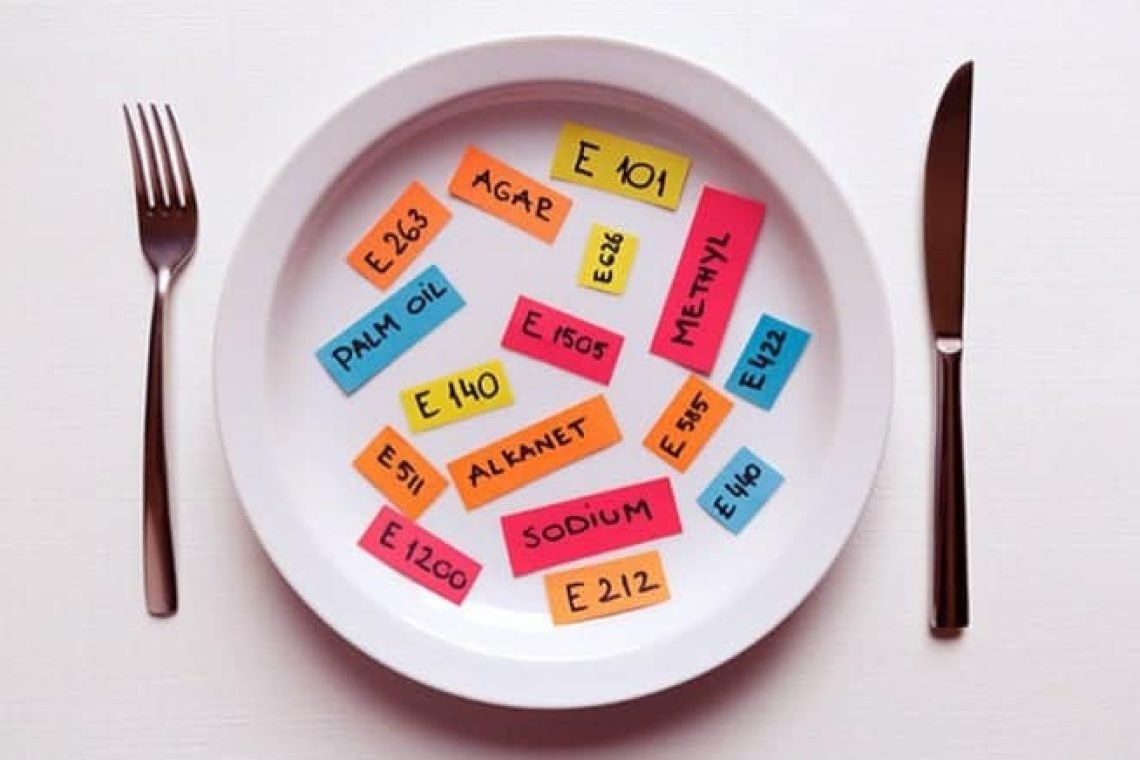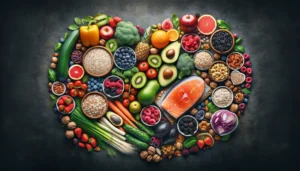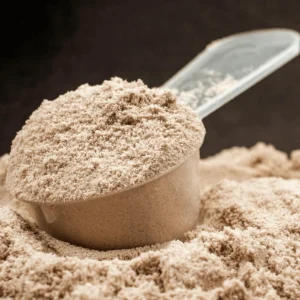An E number is a number used in the European Union that identifies it as a permitted food additive. An E number has passes safety test and has been approvied for us. Therefore, an E number isn’t something unsafe and or something to be avoided.
Despite many people assuming all E numbers are unnatural, some additives are artificial and some are natural.
For example;
- Antioxidants: Vitamin C is known as ‘ascorbic acid’ and is also called E300. E160d is the antioxidant found in tomatoes called lycopene. E161b is Lutein which is known for eye health.
- Spices: Curcumin from turmeric is E100
- Pectin (E440) is a soluble fibre found in apples and other fruits.
- Vitamins and minerals: E101 is vitamin B2, E170 is calcium, E306, E307, E308, E309 are all types of Vitamin E
- E948 is oxygen
Just because a food contains an E number, doesn’t mean that it’s not okay to eat. If it wasn’t safe, it wouldn’t be allowed on the ingredients list. That’s why we have food safety regulatory bodies! Whether or not the food is healthy is another story and nutritional guidelines come into play to help you decide.











